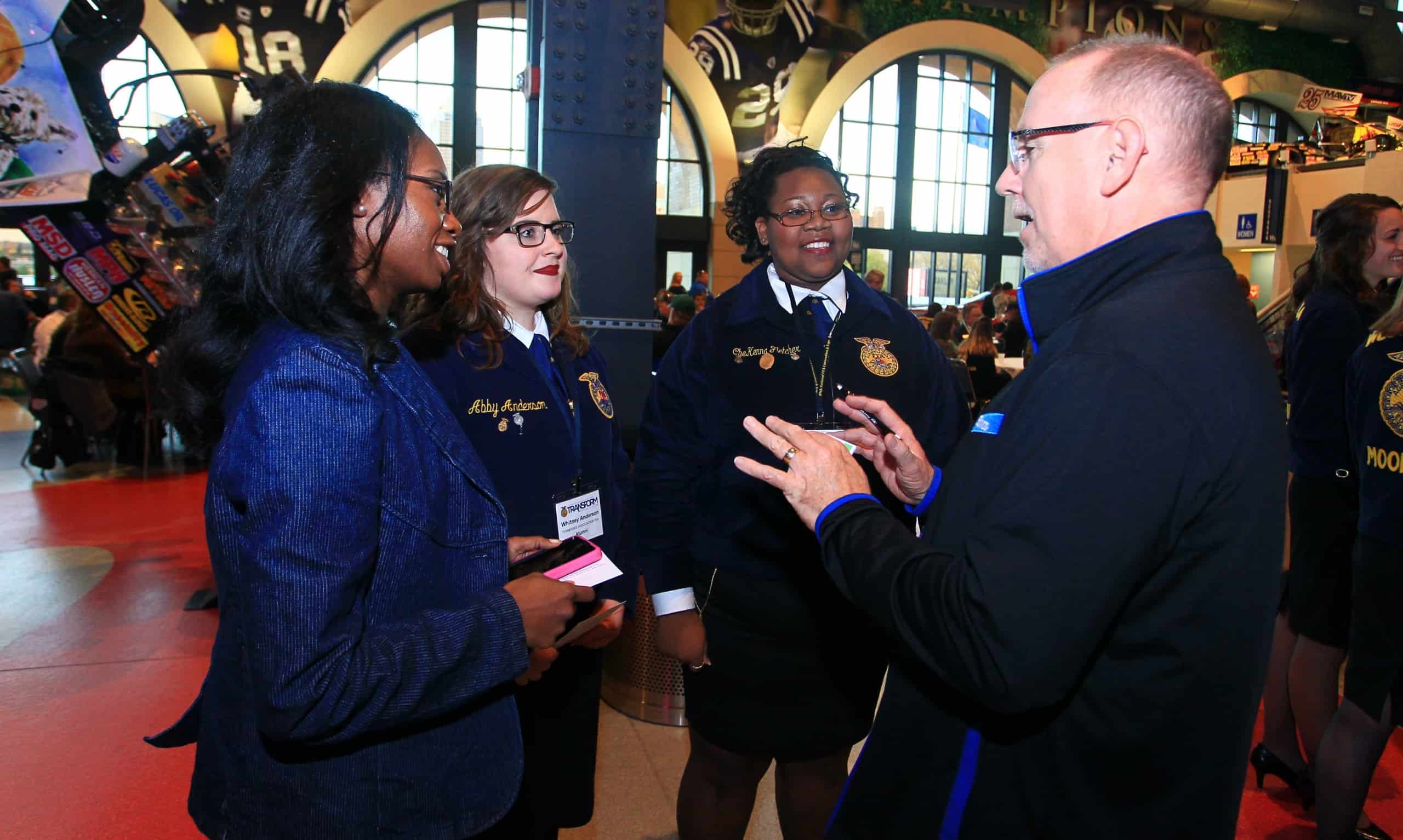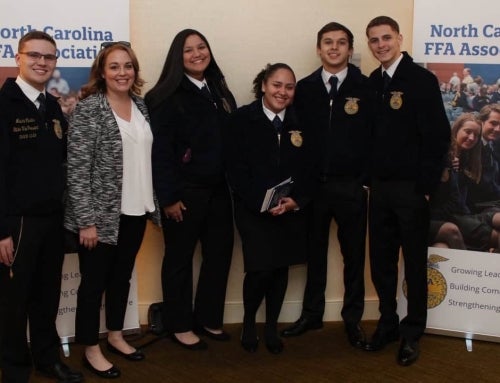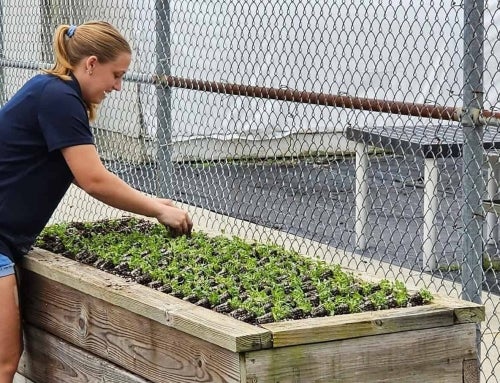FFA is known for growing future leaders, and many of those leaders who got their start in FFA go on to make a positive difference in the lives of others in return. Some of those former FFA members even become leaders within FFA and serve on the National FFA Alumni and Supporters Advisory Committee.
Tom Rutledge, current chair of the alumni and supporters advisory committee, says, “There is definitely a place for all who want to give back to a great organization to do so. I truly believe that we are here for the FFA advisor and the FFA member. It is not about what we can get from being an alumni and supporter member, but more about what we can do to better the program we are involved in.”
The committee’s roots date back to 1971, when FFA Alumni was officially established as a form of membership within the National FFA Organization. As representatives of the FFA adult membership, the group serves as an advisory committee to the organization. The committee is responsible for ensuring the Program of Activities is focused on and successfully delivers the FFA mission and vision. Members are committed to three priorities: supporting FFA members, supporting FFA advisors and telling the FFA story.
 Members of the committee, who each serve a three-year term, also provide consultation and feedback to and from the local, state, and regional levels. The committee consists of a representative from each of the four regions (central, eastern, southern and western); two corporate chapter representatives; three organization representatives from the American Association for Agricultural Education (AAAE), National Association of Agricultural Educators (NAAE) and National Association of Supervisors of Agricultural Education (NASAE); and three past national FFA officers.
Members of the committee, who each serve a three-year term, also provide consultation and feedback to and from the local, state, and regional levels. The committee consists of a representative from each of the four regions (central, eastern, southern and western); two corporate chapter representatives; three organization representatives from the American Association for Agricultural Education (AAAE), National Association of Agricultural Educators (NAAE) and National Association of Supervisors of Agricultural Education (NASAE); and three past national FFA officers.
Joshua Rusk, executive director of the National FFA Alumni and Supporters, says the group is an integral part of the fabric of FFA.
“The importance of the advisory committee is to serve as the voice for the state and local levels in the regions/groups that they represent,” Rusk says. “No chapter or state is the same, and the advisory committee members must consider what is best for the majority of the those who they represent to further grow the organization and its impact.”
“Without alumni members giving back at all levels, I feel that the program will not continue to grow,” says Rutledge.
For those interested in actively making a difference, there are opportunities to join the advisory committee. This year, open positions include a new southern region representative and a corporate chapter representative. To learn more about the advisory committee, get an inside look into agendas and meeting minutes, and to apply, visit FFA.org/our-leadership.












